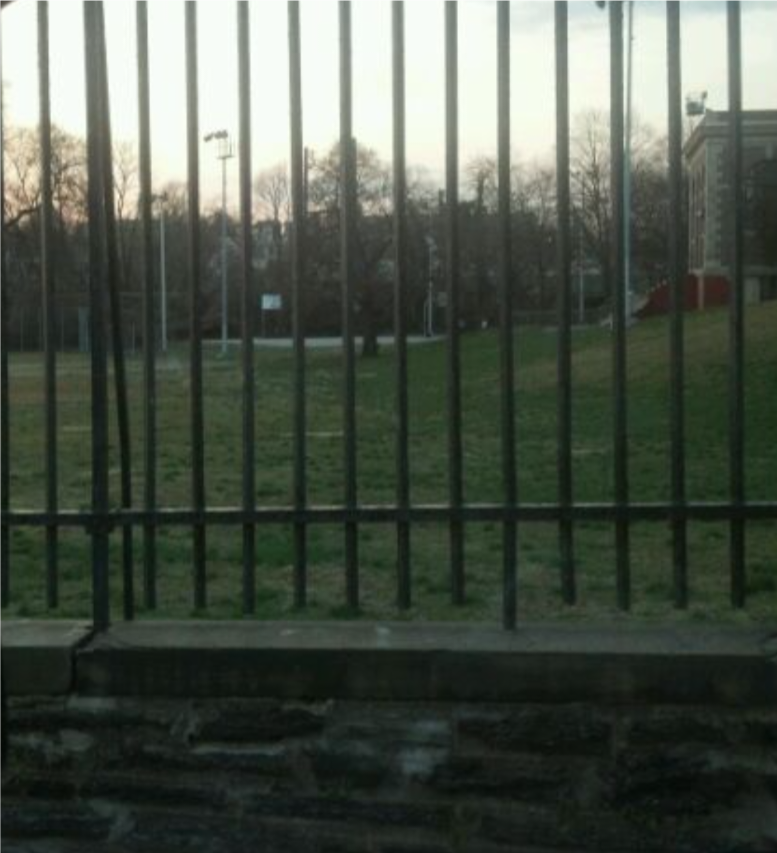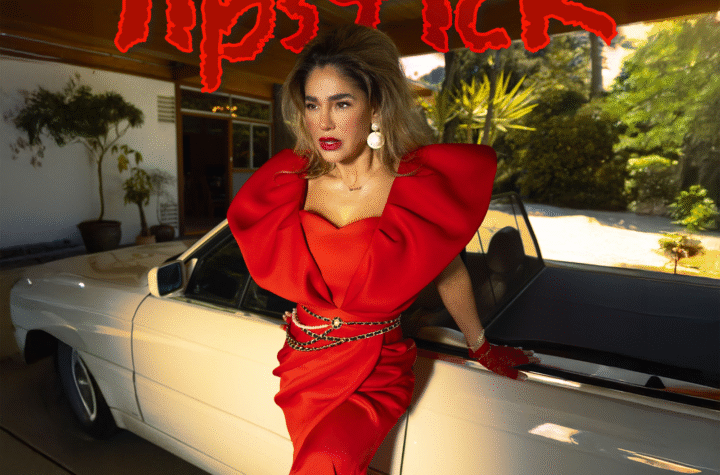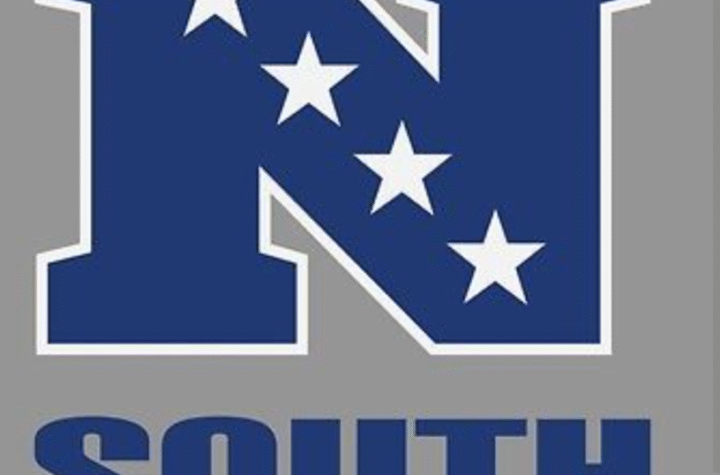
At Waterview Rec in Germantown, I watched a group of teens playing basketball on a busy court. Just yards away, the baseball field sat empty, grass growing tall through the infield. One young man, Michael, 14, caught my attention quick, focused, draining shots under the hoop.
“You ever play baseball?” I asked.
“Nah,” he said. “Nobody plays that around here.”
Not long ago, that answer would’ve been unthinkable. Black boys across America once idolized Jackie Robinson, Hank Aaron, Ken Griffey Jr., and Jimmy Rollins. Baseball was ours. It was pride, community, and tradition.
Today, only 6% of MLB players are Black down from 18% in 1991.
What happened?
Baseball got expensive. It left the playgrounds and moved into pricey travel leagues and private training. Michael parents put it plainly: “We both work. You think we got money for that? Basketball is simple. Ball, court and done.”
It’s not just cost, it’s culture. In today’s highlight hungry world, baseball’s slower pace doesn’t compete with the NBA or NFL. Ask most Black kids to name a major leaguer, they might say Mookie Betts. Maybe.
Even the college pipeline is limited. Just 3–5% of college players are Black. Scholarships are rare. Scouts, even rarer.
But change is happening. MLB-backed programs like the DREAM Series and Hank Aaron Invitational are opening doors, offering training, exposure, and access. Over 26% of Black players on 2025 Opening Day rosters came through these programs.
Players like Hunter Greene aren’t just throwing heat, they’re trying to be seen. “I want kids to see me,” Greene says, “so they know there’s a place for them in this game too.”
Baseball didn’t vanish from Black America overnight. It slipped away. But it’s not gone. With investment, belief, and time, we can bring it back one field, one kid, one swing at a time.





More Stories
A Bitter Pill, A Father’s Cheers: My OKC Heart vs. The Pacers’ Finals Comeback
NFC South Underdogs Unleashed: Late-Round Rookies Ready to Set 2025 on Fire”
NFC North Shockwaves: 8 Late-Round Rookies Who Might Steal the Spotlight in 2025″